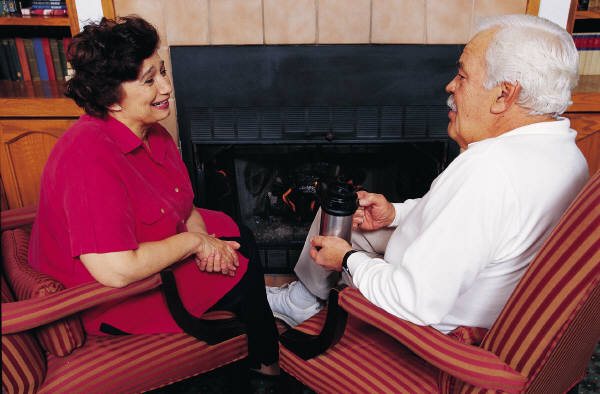
Millions of Americans are managing money or property for a loved one who is unable to pay bills or make financial decisions. This can be very overwhelming. But, it’s also a great opportunity to help someone you care about, and protect them from scams and fraud.
Handling finances can be tricky for yourself alone. So imagine the task of taking care of your elderly loved one’s finances. How do you take care of business for someone else?
The issue is much more than one of financial acumen. No, there are very specific rules to follow depending upon the role you take on and it is important to play the part properly.
Managing the estate or affairs of an elderly loved one is sometimes such a delicate dance that it has attracted the attention of the Consumer Financial Protection Bureau (CFPB). Late in October the CFPB came to the table with four guides entitled Managing Someone Else’s Money. Available online, these guides were unveiled on the Consumer Financial Protection Bureau Blog in a post titled “Managing someone else’s money.”
The four guides address matters that include powers of attorney, court-appointed guardians, trustees and government fiduciaries.
Those left to pick up the reins on behalf of a loved one would do well to learn their roles, and these can be helpful guides. That said, however useful, a guide is still just a “guide.” Unfortunately, most family members who pick up those reins learn on the job.
Regardless, loved ones on either side – those who receive care and those who take care of them – would do well to consider the issues early and plan accordingly.
Reference: The Consumer Financial Protection Bureau Blog (October 29, 2013) “Managing someone else’s money”
For more information on elder law and estate planning, please visit my estate planning website.











